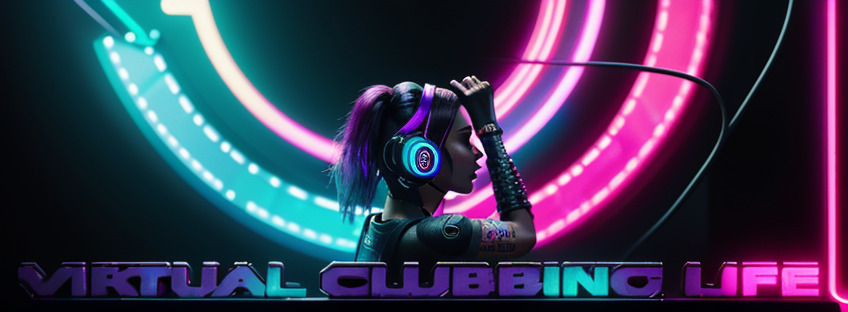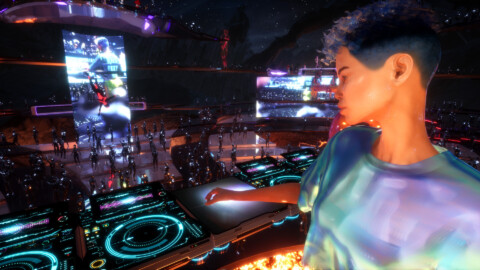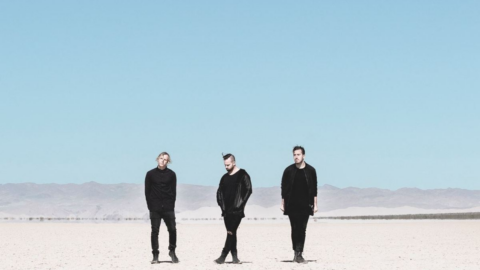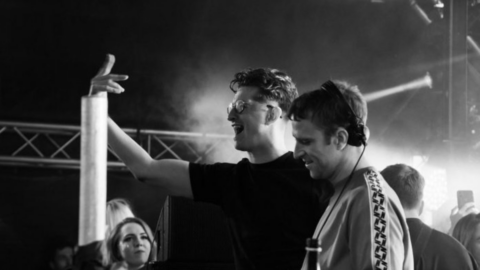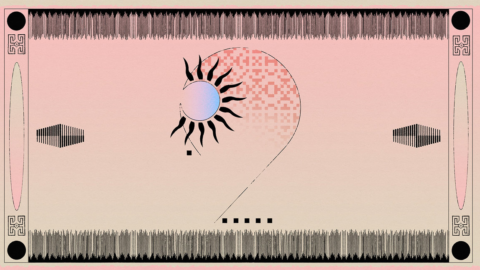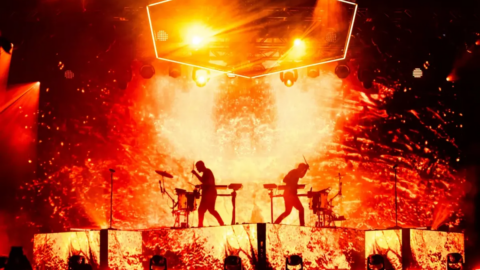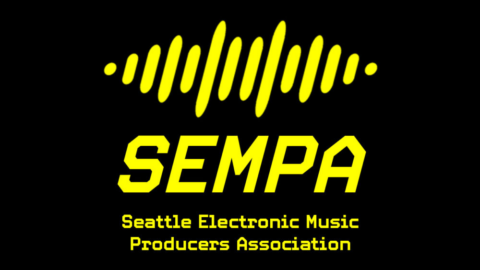In a landmark move that could reshape the future of AI-generated music, the Recording Industry Association of America (RIAA) has filed lawsuits against AI music platforms SUNO and Udio. The lawsuits, filed in June 2024, allege that these companies are engaged in mass copyright infringement by using copyrighted sound recordings to train their music-generating AI models without obtaining the necessary licenses. The case has raised critical questions about copyright law in the age of artificial intelligence and the implications for both artists and the burgeoning AI music industry.
Background of the Lawsuits
The RIAA, which represents major record labels such as Sony Music, Universal Music Group, and Warner Music Group, claims that SUNO and Udio have utilized decades’ worth of popular music recordings as training data for their AI systems. By doing so, they allegedly produce music that closely resembles existing songs, which the RIAA argues constitutes copyright infringement. The lawsuits seek damages of $150,000 for each song that has been allegedly infringed upon, a figure that highlights the seriousness of the RIAA’s stance on protecting intellectual property rights.
The RIAA’s legal action mirrors concerns that have been growing within the music industry regarding the use of AI in music creation. With the rapid advancement of AI technology, many artists and industry professionals worry that traditional music rights may be undermined, leading to a potential devaluation of their work.
The Arguments from AI Companies
In response to the lawsuits, representatives from SUNO and Udio have argued that their platforms synthesize new and original musical output rather than merely copying existing works. They contend that their AI technology creates unique compositions by analyzing patterns and styles present in the music it has been trained on, rather than reproducing specific songs or melodies.
Moreover, SUNO has emphasized its commitment to responsible AI development, asserting that it seeks to operate within the legal frameworks that govern copyright and intellectual property. The company believes that the legal challenges they face will ultimately contribute to a clearer understanding of how AI can coexist with traditional music rights.
The Broader Implications for the Music Industry
The lawsuits against SUNO and Udio pose significant implications for the music industry and the future of AI-generated content. As AI tools become more prevalent in music production, the legal landscape surrounding copyright and intellectual property is likely to evolve. The outcome of these lawsuits could set a precedent for how AI companies interact with established copyright laws and how they compensate artists for the use of their work.
Additionally, the RIAA’s actions might prompt other AI music platforms to reassess their business models and licensing practices to ensure compliance with copyright laws. As the industry grapples with these changes, it is essential for both AI developers and music creators to collaborate in finding solutions that respect artistic integrity while embracing innovation.
The Future of AI in Music
As the debate over AI and copyright continues, the music industry stands at a crossroads. The integration of AI technology in music production holds the potential to enhance creativity and accessibility, allowing more individuals to participate in the music-making process. However, this potential must be balanced with the need to protect the rights and livelihoods of artists.
The RIAA’s lawsuits against SUNO and Udio serve as a crucial reminder that as technology advances, the music industry must also adapt. Ongoing discussions about the ethical use of AI in music will be vital in shaping a future where both human creativity and technological innovation can thrive together.
Conclusion
As the legal battle unfolds, the music community watches closely, eager to see how these developments will impact the future of AI in music creation. The outcome of the RIAA’s lawsuits against SUNO and Udio may very well define the parameters within which AI can operate in the music industry, ensuring that while innovation flourishes, the rights of artists remain protected.
Tags: ai riaa Suno Udio
